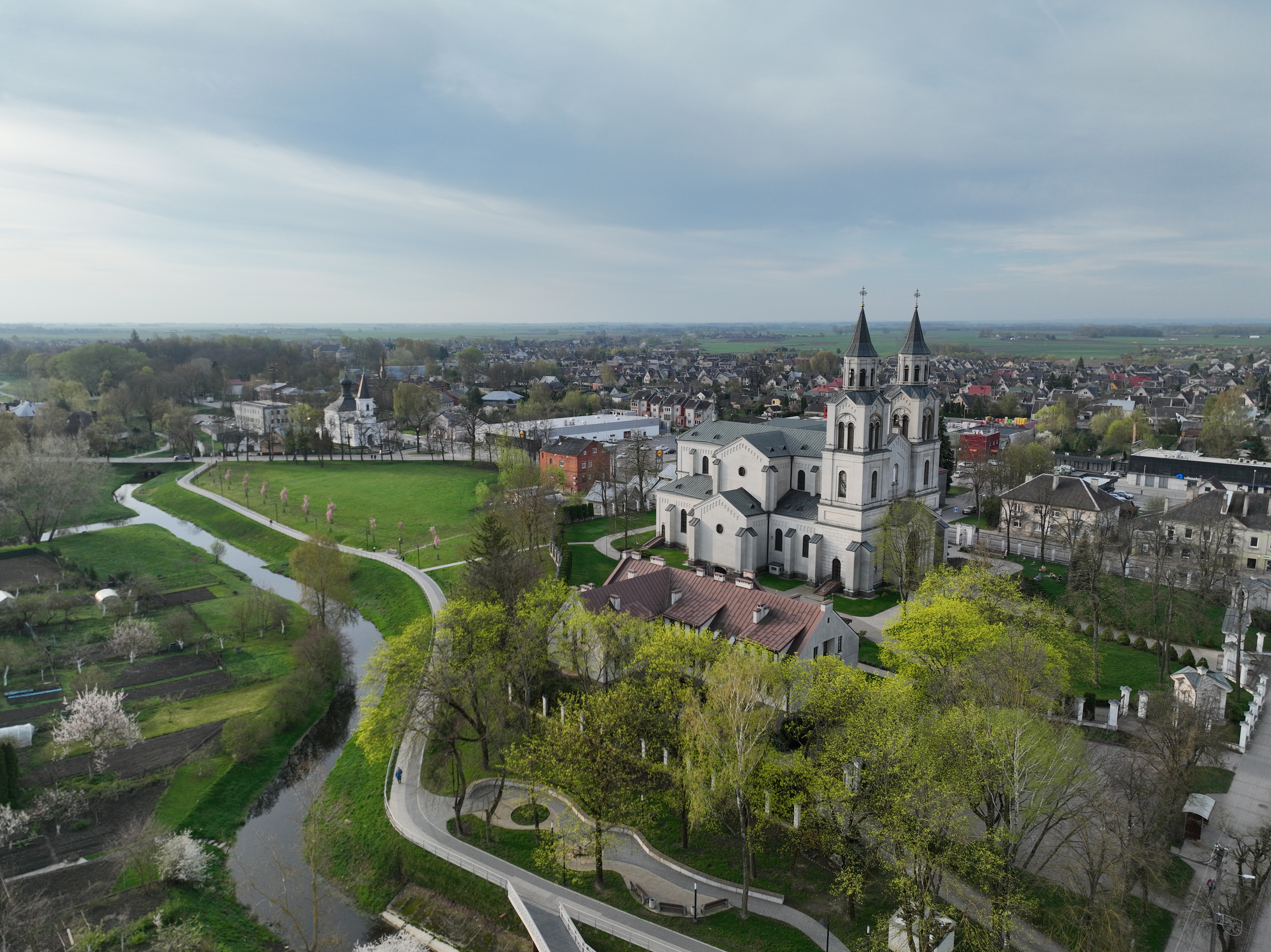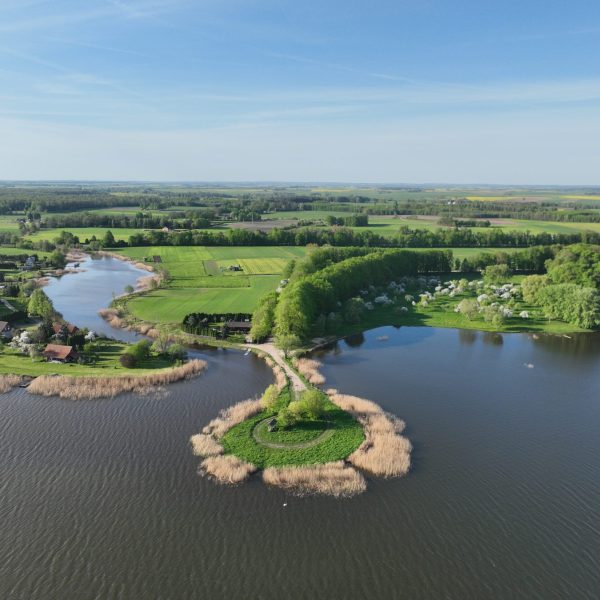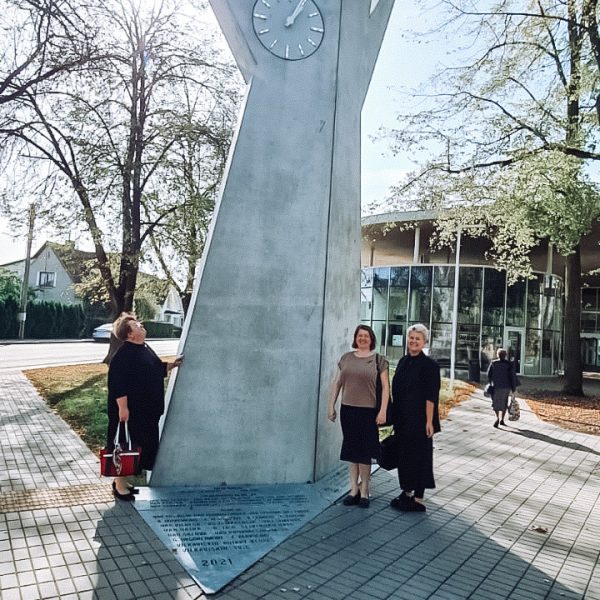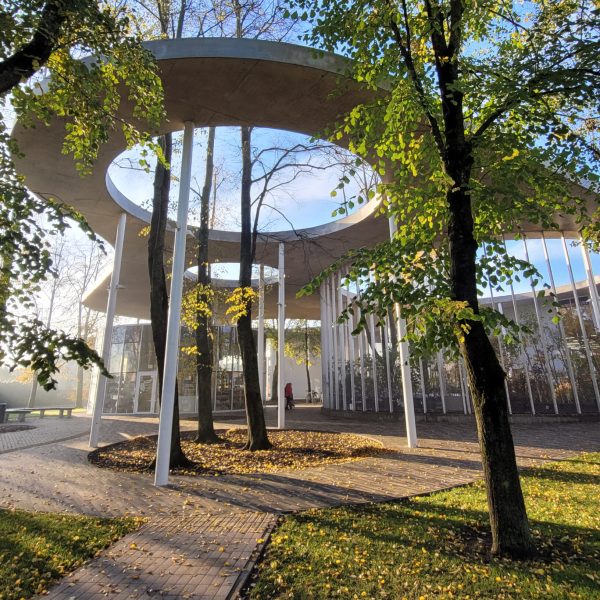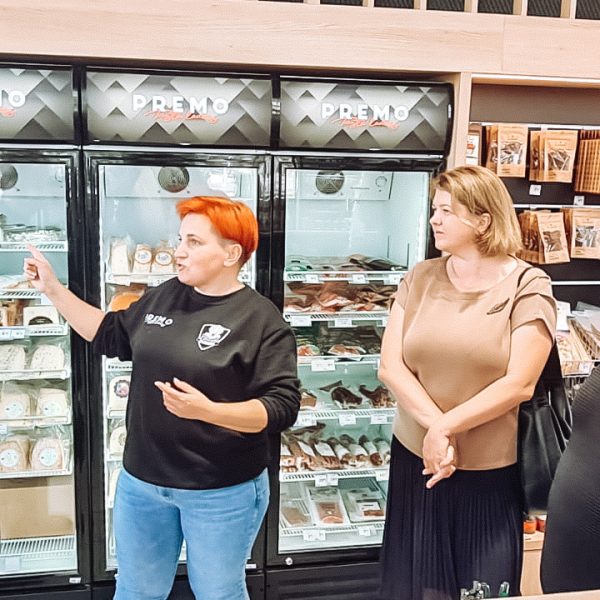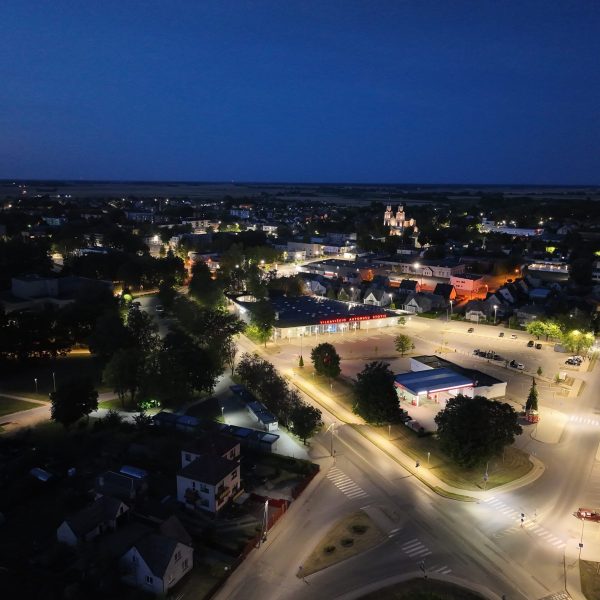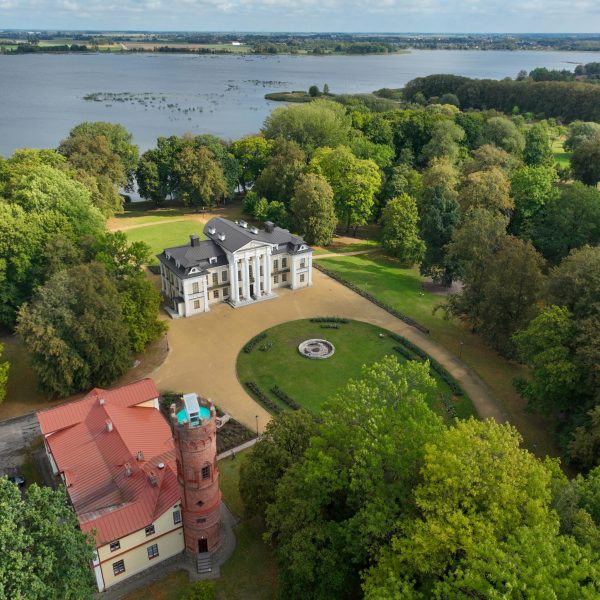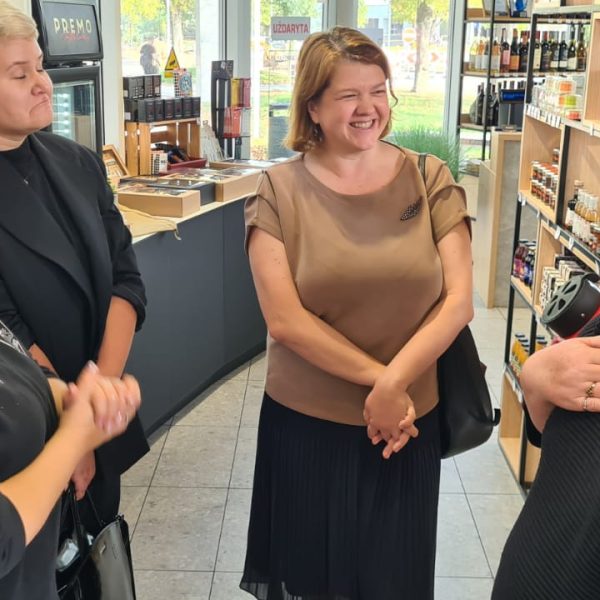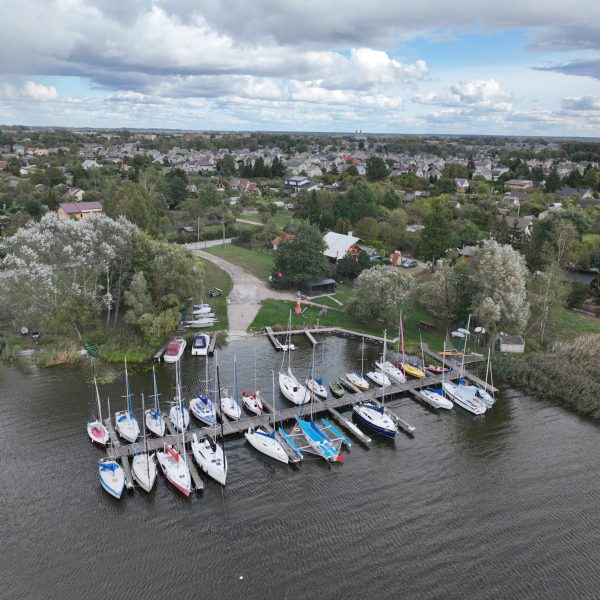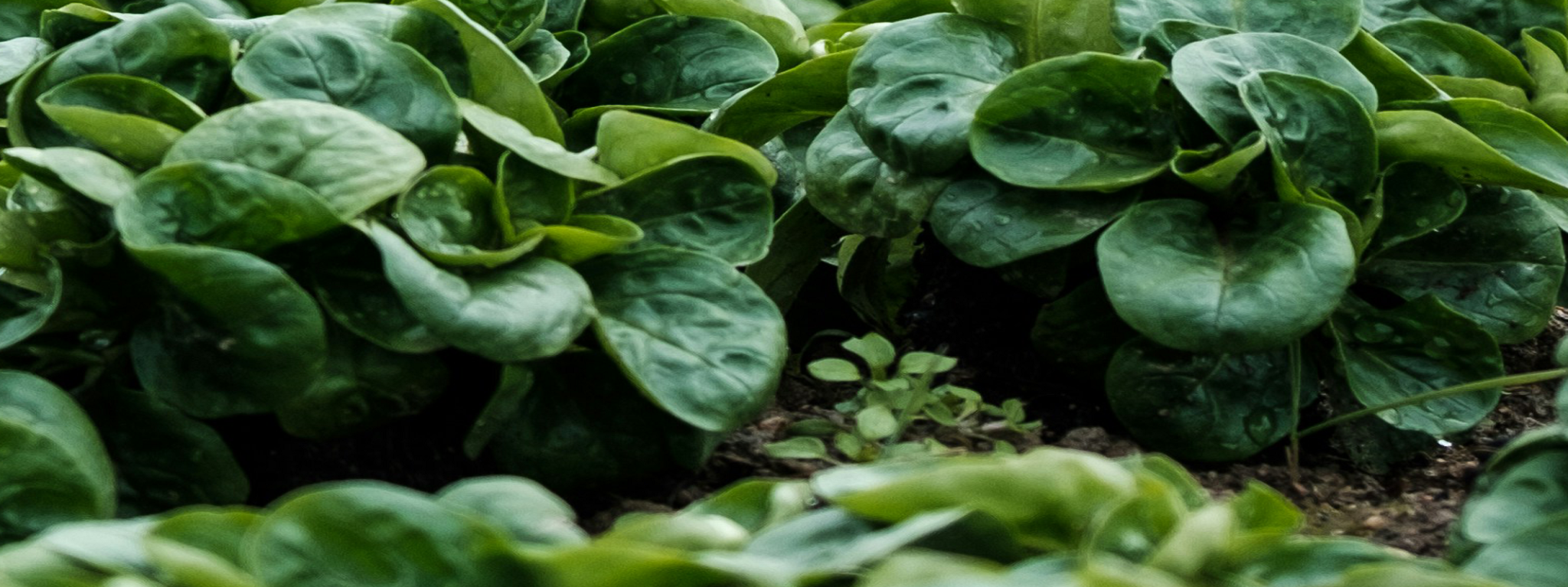
Case description
Context
The case of Vilkaviškis acts on the EU target of 25% organically cultivated area by 2030, roadmap for Lithuania’s industrial transition to a circular economy as well as the municipal food supply strategy of Vilkaviškis district municipality.
- The case will include actors from the whole agri-food system: 1) several municipal departments in Vilkaviškis district municipality; 2) regional SMEs from farm to fork; 3) regional partners including other municipalities, regional authorities, support organisations for business development and NGOs.
- The challenge of healthy and sustainable food production and consumption with readily applicable concepts will be tackled from three angles: 1) competence/capacity-building for local authorities; 2) public sector as driver of demand; and 3) enablers for circular, organic/sustainable food producers/suppliers.
Why
- Developing sustainable food systems in the Vilkaviškis district will help to stimulate local economies. Supporting local farmers, producers, and businesses helps create jobs, stimulate economic growth, and retain income within the community.
- Sustainable farming practices, such as organic farming, agroecology, and regenerative agriculture, prioritize soil health, water conservation, and biodiversity preservation.
- Increased access to fresh produce, farmers‘ markets, and community-supported agriculture programs encourage healthier eating habits and reduce reliance on highly processed and unhealthy foods.
- Farmers‘ markets and farm-to-table initiatives provide opportunities for social gatherings, cultural exchange, and community engagement. This sense of belonging and social cohesion enhances overall community well-being and pride.
What
- The Lithuanian Innovation Centre (LIC) is working to foster collaboration between different stakeholders in Vilkaviškis District Municipality such as farmers, food producers, scientists, and technology providers in order to change traditional food processes and systems into more sustainable, regenerative, and circular modes.
- By bringing together diverse expertise, LIC facilitates knowledge sharing, joint projects, and the exchange of best practices in sustainable food production and environmental conservation.
- LIC collaborate with policymakers and provide them with insights, data, and recommendations related to sustainable food systems. This contributes to the development of supportive policies, regulations, and incentives that encourage sustainable practices across the food supply chain.
Stakeholders
Key Implementers
Lithuanian Innovation Centre
Associated Organisations
- Vilkaviškis District Municipality
Other Stakeholders
- Vilkaviškis Tourism and Business Information Center
- Vilkaviškis representative office of the Kaunas Chamber of Commerce, Industry, and Crafts
- Vilkaviškis District Farmers‘ Union
- Vilkaviškis region local activity group
- AgriFood Lithuania DIH
- Smart Food Cluster
Contact
Public Institution Lithuanian Innovation Centre
Mobile: +370 5 235 61 16
Email: lic@lic.lt

